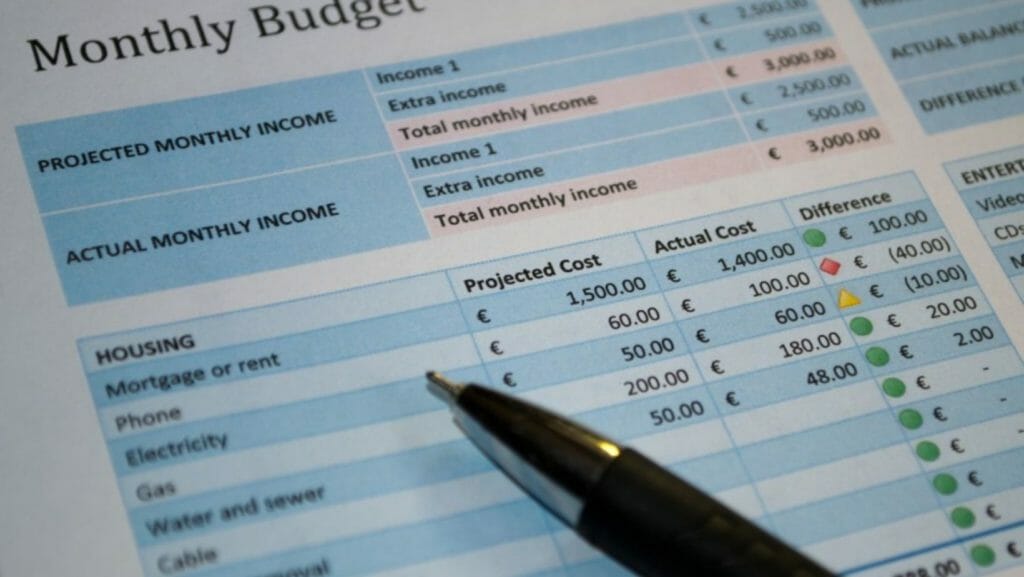Most people are focused on working hard and earning more. However, what’s really missing in all of this is how you manage your money. Managing your money isn’t limited to budgeting but extends to saving, investing, and spending.
Effective money management can set you up for financial success down the road, allowing you to be stress-free about your financial goals while ensuring long-term stability. If you live in Australia and need professional financial advice, you can avail of wealth management Melbourne services.
Nevertheless, we will talk about five practical tips in this article to help you manage your money the right way. Read below to learn!
1. Make a Personal Budget
Budgeting can facilitate you in getting the most from your money. To budget, you can either create a budget statement on an Excel sheet or even do it manually in a notebook.

You should deduct all your major expenses (such as groceries, utilities, transportation, housing, etc.) against the total income and see what you’re left with. For instance, if you’re left with $1500, you could start saving a certain percentage and use a specific ratio to spend on your wants.
2. Set Financial Goals
Sticking to your budgets can be challenging as you always desire to overspend. Therefore, it’s imperative that you set financial goals. Having both long-term and short-term financial goals will allow you to stay focused and follow your budgets to achieve your primary objectives. For instance, your financial goal may be to save for your dream house, car, or vacation, and this will motivate you to follow your budget.
3. Track Your Spending
If you track your spending constantly, you can stay within your budget and avoid overspending. For example, you should bring the receipts home no matter what you buy. Record these receipts on a notebook or an app and assess if you’re staying in line with your budget.

Categorizing your expenses in different categories such as fun, food, personal care, and healthcare is also ideal to know how much you’re spending in each category and manage it better.
4. Save for Emergencies
You never know when you will have to deal with an unexpected event in the future, such as a loss of a job, health emergency, or major home repairs. Therefore, you should always be prepared for uncertain situations to give you peace of mind and help you deal with them in a breeze.
You can open a separate account which should only be dedicated to emergency funds. You should prioritize adding your extra income, like bonuses and some part of your income, to this account. This will allow you to deal only with the emergency situation and not fret about the rest.
5. Improve Your Money Mindset
A positive financial mindset can improve your money management habits and allow you to take a more solution-based approach to save money or repay your debts. In addition, you should try to educate yourself on money management as much as possible. For example, try to read books from experts to optimize your finances and listen to podcasts to learn from other people’s experiences. All of this will significantly help you in mastering your financial situation.


